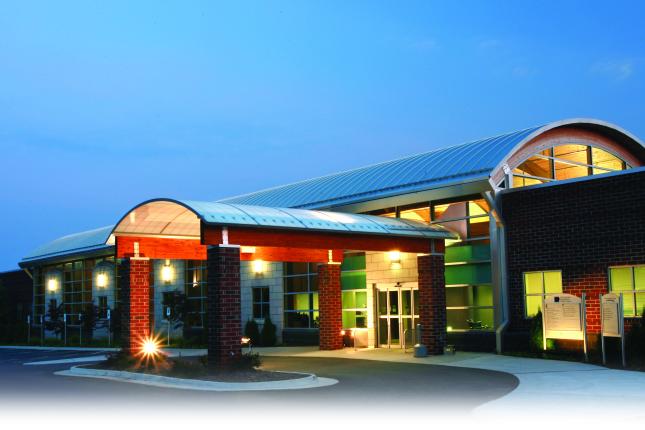Our approach to care
We offer a wide range of procedures to repair or replace damaged valves and other structural heart problems. For many of our patients, open heart surgery would be too risky. Fortunately, we offer alternative options that are less invasive.
Who should see a structural heart disease specialist?
Our team treats people with all types of structural heart disease. This includes conditions that are present at birth (congenital) and those that develop later in life (degenerative). Our areas of expertise include:
- Aortic regurgitation
- Aortic stenosis
- Atrial septal defect
- Hypertrophic cardiomyopathy
- Mitral valve prolapse
- Mitral valve regurgitation
- Mitral stenosis
- Paravalvular leak
- Patent foramen ovale
Comprehensive structural heart disease treatments
Today, most structural heart problems can be treated with either open heart surgery or minimally invasive procedures. Our structural heart disease program brings together cardiothoracic surgeons and interventional cardiologists who determine the best approach for you based on several factors. These may include your age, the severity of your heart condition and what other medical conditions you have.
Treatment can improve your quality of life by reducing symptoms such as fatigue, dizziness and shortness of breath. It may also reduce your risk of complications associated with advanced structural heart disease. These include:
- Arrhythmia (irregular heartbeat)
- Heart attack
- Heart failure
- Stroke
- Death
Heart valve replacement and repair
If one of your heart valves doesn’t work properly, your doctor can either repair it or replace it. During a repair, your cardiologist mends and reinforces your existing valve. With replacement, you receive a bioprosthetic valve made from animal tissue.
We offer a wide range of valve procedures. These include “transcatheter” procedures that let us access your heart by inserting a thin, hollow tube (catheter) into a blood vessel, usually in your groin. Our areas of expertise include:
- Transcatheter aortic valve replacement (TAVR.) We place a bioprosthetic aortic valve inside your diseased valve, relieving symptoms of aortic stenosis.
- Transcatheter mitral valve repair. We attach a small, implanted clip to your mitral valve to help it close more completely. This helps reduce mitral regurgitation and restores normal blood flow through your heart.
- Transcatheter mitral valve replacement (TMVR.) We place a bioprosthetic valve inside your diseased valve, relieving symptoms of mitral valve stenosis.
- Balloon valvuloplasty. We widen a stiff, narrowed heart valve by inflating a balloon inside the valve, expanding its walls and improving blood flow.
- Paravalvular leak closure. In a small number of cases, we need to fix a complication associated with a previous heart valve replacement (called a paravalvular leak). It occurs when blood leaks through the space between the artificial valve and the original valve tissue.
- Percutaneous valve-in-valve therapies. We replace a bioprosthetic valve that has degenerated by snugly inserting a new valve inside the old one.
Treatments for other types of structural heart disease
We also treat structural heart conditions that don’t involve the valves, using the same transcatheter method. Procedures we offer include:
- Atrial septal defect repair. We close a hole between the top two chambers of your heart.
- Alcohol septal ablation. We inject alcohol into your heart to treat hypertrophic cardiomyopathy (an abnormally thick heart muscle.) The alcohol shrinks your heart muscle, improving blood flow.
- Left atrial appendage closure. Using an implant called the WATCHMAN device, we seal off a part of your heart called the left atrial appendage. This reduces the risk of stroke among patients with atrial fibrillation (Afib) who cannot tolerate blood thinners.
- Patent foramen ovale (PFO) closure. We seal an opening between the top two chambers of your heart that normally closes on its own soon after birth. This decreases stroke risk, which is higher in people with an open PFO.
Recovering from your procedure
The number of days you will need to stay in the hospital, and the length of time it will take you to fully recover and take part in normal activities, varies. In general, patients who have a minimally invasive treatment instead of open heart surgery recover more quickly.
A team approach to treatment
Some people who have structural heart problems also have other cardiovascular conditions, such as coronary artery disease. Centra’s team includes many specialists who can help keep your heart and blood vessels as healthy as possible. If you have other medical problems that need treatment, we can refer you to doctors who specialize in those conditions.




